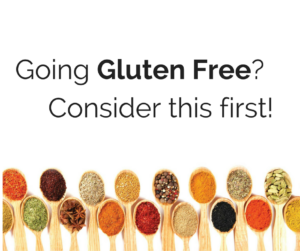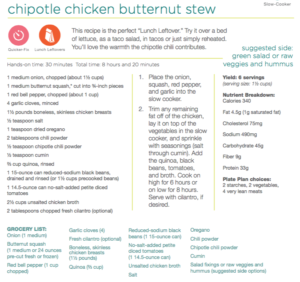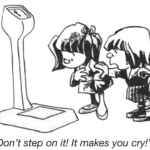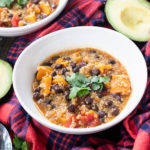 Though there is much interest in going gluten free, most people aren’t really sure what benefits to expect if they do make this drastic change in their diets.
Though there is much interest in going gluten free, most people aren’t really sure what benefits to expect if they do make this drastic change in their diets.
Initially, the gluten free diet was prescribed for those with celiac disease, a serious autoimmune disease that results in small intestine damage when gluten-containing foods are consumed. About 1 in every 133 people suffer from this disease, typically diagnosed after chronic stomach pain, diarrhea and fatigue.
Gluten is the protein in wheat, barley, rye and in cross-contaminated oats. Gluten is a big part of our diet as Americans. Wheat is an inexpensive grain that makes up a large portion of the calories consumed in meals — from cereals, to sandwiches, to pastas, tortillas and desserts.
Though many people have experienced health benefits from avoiding gluten, others are simply following the fad to see if it results in weight loss. After all, it makes sense that cutting out so much of our typical food supply would cause a calorie deficit. Though surprising to some, the gluten free diet has not been proven effective for weight loss. For those who tend to overeat convenient, calorie-dense foods such as pizza, subs, pastas, and snacks that are easily accessible in restaurants and vending machines, switching to a gluten free diet could cause weight loss if it leads to a decrease in calories. However, since gluten free is trending, gluten free alternatives quickly fill the potential calorie void. These often-expensive replacements for wheat typically have less fiber and nutrients, and sometimes higher sodium. They are not a necessary part of a gluten free diet.
Eating gluten free can be challenging for family meals, difficult at social gatherings, and can be hard on your budget and tastebuds. For those with celiac disease or gluten sensitivities who truly need to go gluten free, it’s worth these challenges to feel better and they can do so without the gluten-free “junk food.” But for others who are contemplating making the change to a gluten free diet to lose weight, I’d like to offer some suggestions. Before going completely gluten free, try the following:
-
Trade out refined grains for whole grains, choosing products with short ingredient lists and less preservatives.
-
Vary your grains and starches over the course of the day (intentionally eating grains/starches other than wheat such as sweet potatoes, oats, dried beans and brown rice).
-
Unless you are still growing, make sure your grains/starches fit only on a quarter of your plate, or in the case of bread, limit it to 1-2 slices on your plate.
You may find after making these three changes, that the stomach discomfort and fatigue you were experiencing was more related to eating too much, or perhaps just eating too much junk. Let’s be honest, anyone who eats a pile of pasta with hot bread on the side AND dessert after would not feel their best afterwards, but this is quite typical for many, especially on the weekends. Is it fair to blame the gluten? Or what about eating multiple snacks and bars with ingredients that are foreign to you and unpronounceable…could it be one of those that your body is not appreciating? It’s worth giving some thought before making a drastic change in another direction.
Whether you have celiac disease or a more difficult-to-diagnose gluten sensitivity, if you do find that going gluten free is beneficial for you, take care to include high fiber foods daily, and plan carefully for a varied, nutrient-rich diet, supplementing with a multivitamin as a back-up. Consider enlisting the help of a registered dietitian nutritionist to ensure that you meet your nutrition needs and for help with gluten free recipes and balanced meal planning.
The following are some naturally gluten free, healthy foods: veggies, including starchy veggies such as potatoes, fruits, beans, dairy, nuts, seafood, poultry/meat, brown rice, quinoa. There are many naturally gluten free foods highlighted in the Best Body Cookbook & Menu Plan that I wrote along with dietitian and recipe developer Kim Beavers, including this perfect-for-fall meal: Chipotle Chicken Butternut Stew. Always focus on moderation and variety, and consider your goals carefully before making any diet change.




